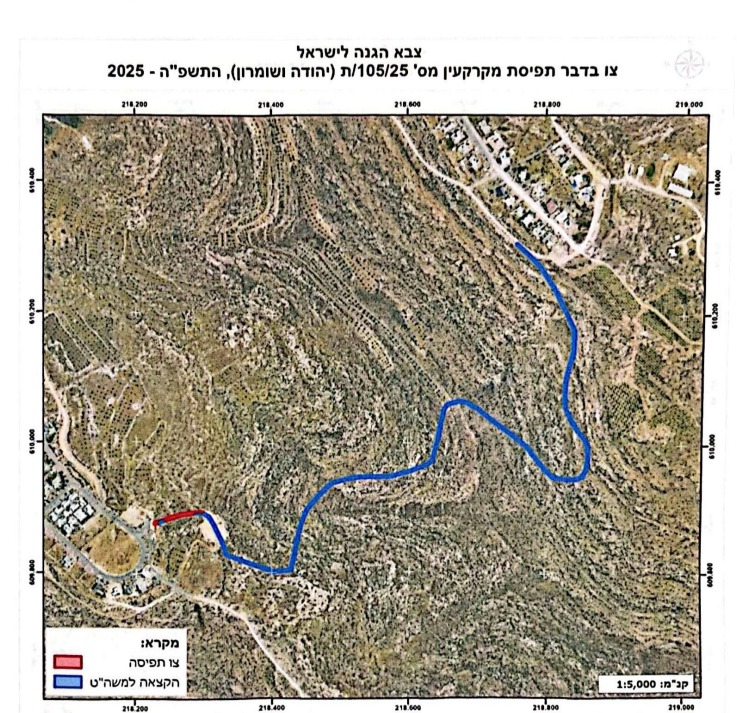TEL AVIV, January 21, 2010 (WAFA)- At a court hearing held today in the Tel Aviv District Court, the Court ordered the State of Israel to produce documents related to its Gaza access policy within 30 days or to explain why it refuses to do so.
Gisha - Legal Center for Freedom of Movement filed the petition under the Freedom on Information Act, asking the Ministry of Security and the Coordinator of Government Activities in the Territory (COGAT) to reveal their policies relating to the entry of food and other goods to the Gaza Strip.
Among the documents requested was the so-called 'Red Lines' document that purportedly sets the nutritional minimum required for the subsistence of Gaza residents as a guideline for how much Israel can restrict supply.
The petition was filed following six months of attempts by Gisha – all of them unsuccessful – to find answers to the most basic questions from the authorities – information which they are obligated by law to reveal: what are the goods that are permitted or prohibited for entry into Gaza? What are the criteria for defining goods as 'humanitarian'? And what are the procedures that guide COGAT's activities? For example, it is unclear why Israel allows flour into Gaza but does not allow the transfer of vinegar or coriander. It is also unclear why Israel suddenly allowed diapers, mops, black pepper, and za'atar herb into Gaza two months ago, following intermittent bans. Nor is it clear how preventing shoes and children's toys from entering Gaza enhances Israel's security. COGAT has refused to explain how it manages to meet 'minimum humanitarian needs' while simultaneously and continuously refusing to define what this minimum consists of.
'It is not clear why the Coordinator of Government Activities, a bureaucratic clerk, insists on hiding information,' Gisha's Adv. Tamar Feldman said after the hearing. 'If Israel believes that its policy on goods transfer to Gaza is justified, why not reveal it?'
The Court rejected the State's argument that it need not reveal the 'Red Lines' document, because it is an internal draft, and ordered the state to produce it or other calculations within 30 days or to explain why it refuses to do so.
Meanwhile, the haze obscuring most of the procedures and activities of the authorities in relation to the transfer of goods to the Gaza Strip seriously violates the most basic rights of 1.5 million Gaza Strip residents and makes the work of aid organizations trying to help them much more difficult, both logistically and financially.









